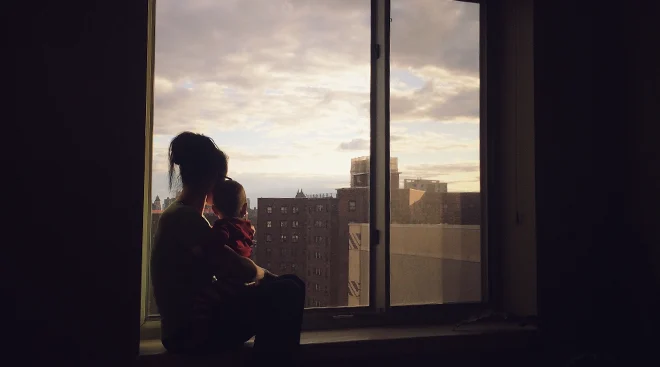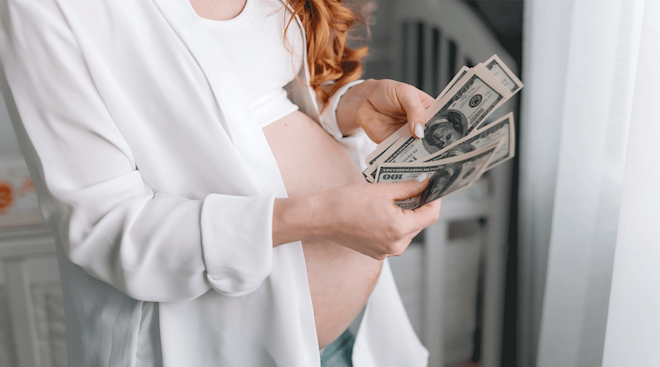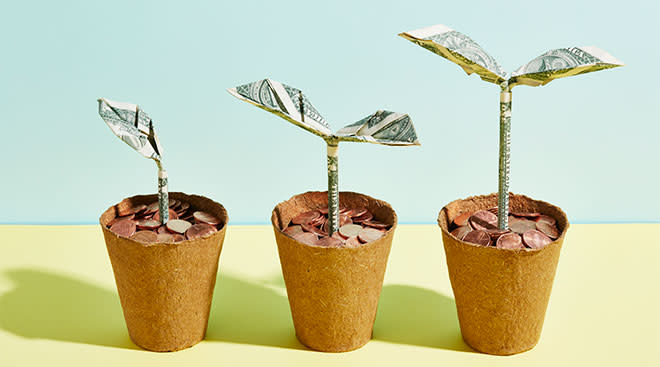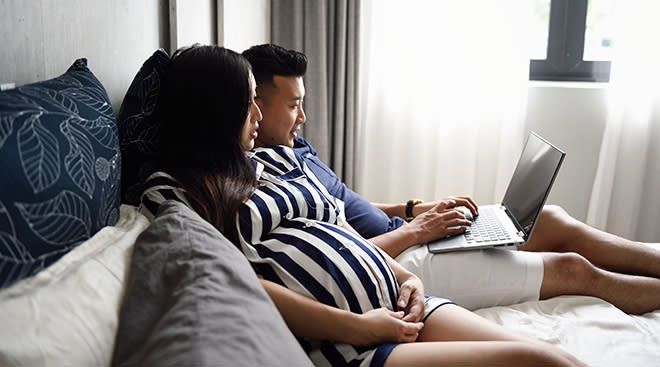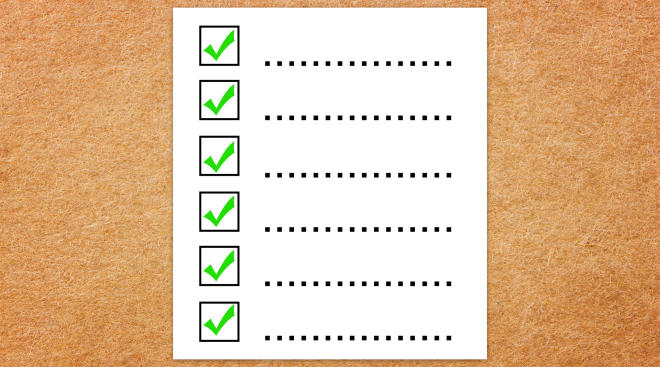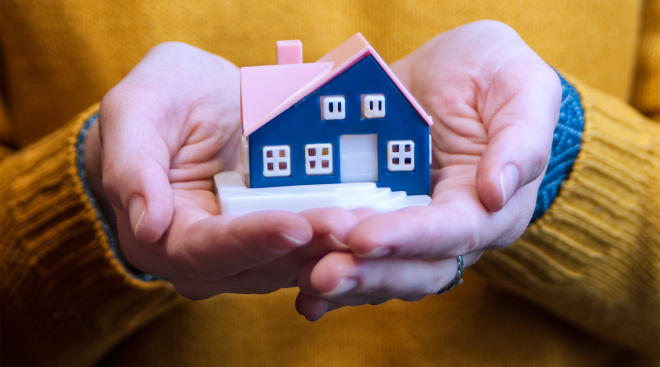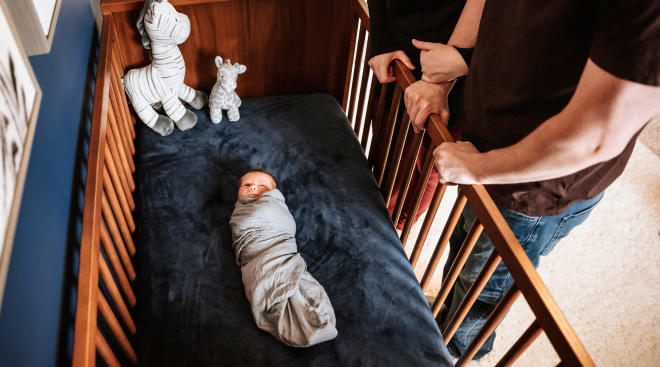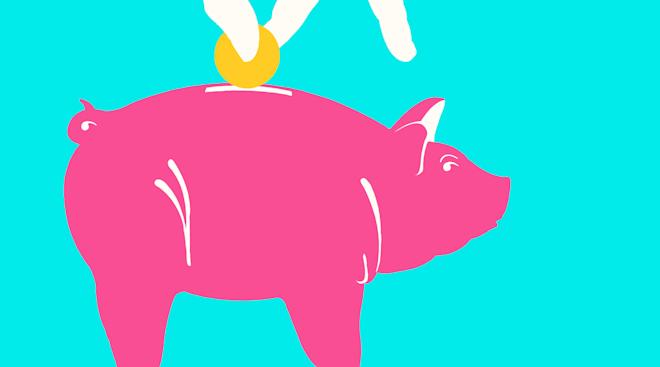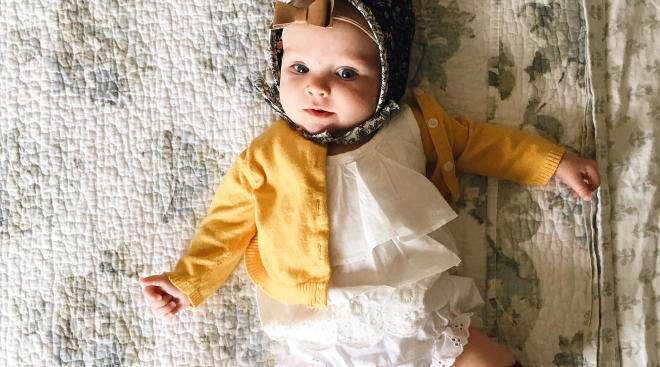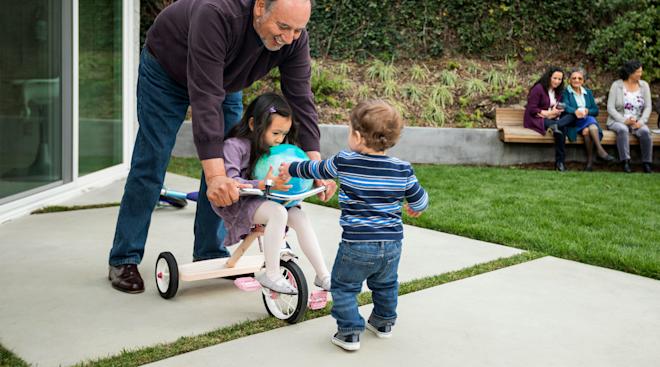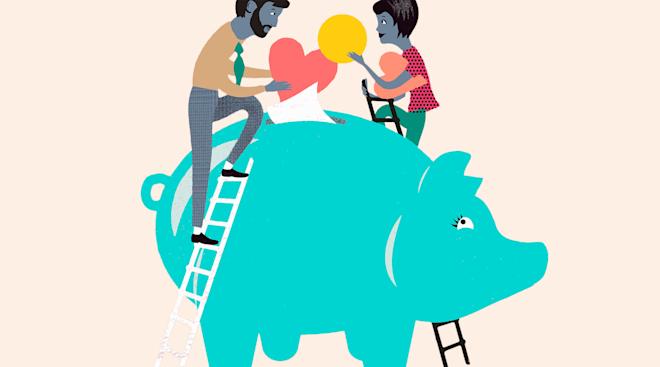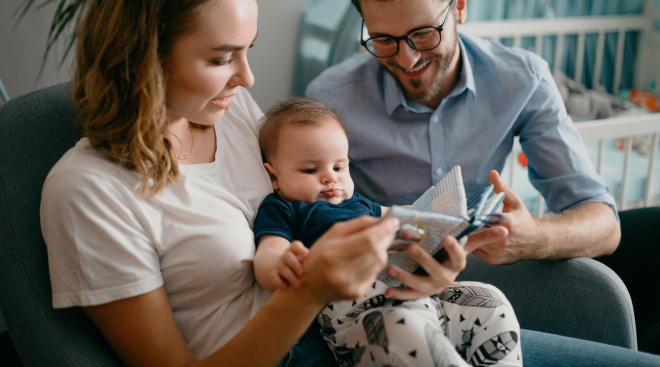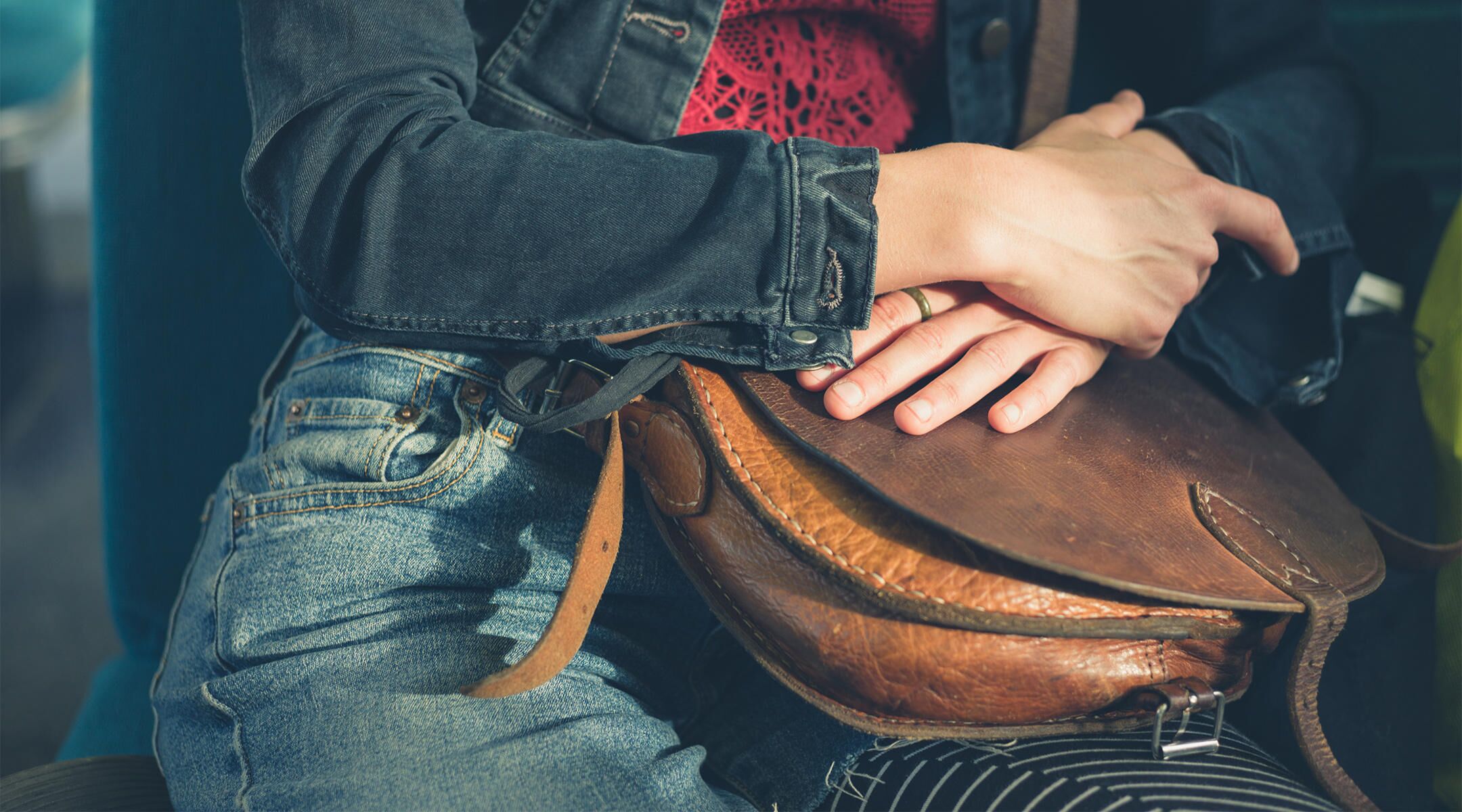NYC Program Gives Up to $1000 a Month to Pregnant Women and New Moms
Previous research has shown that increasing cash aid to low-income families can greatly help with a baby’s brain cognitive development. Now, one pilot program in New York City is applying the research to real families living in high-poverty areas, offering up to $1000 a month in extra income.
The Bridge Project has a $16 million fund from the Monarch Foundation, a private family foundation based in New York City that works to solve social and community problems. In July 2021, the Bridge Project started giving out between $500 and $1000 to 100 pregnant women and new moms making less than $52,000 annually and living in poverty. This first round of participants was mostly based in Washington Heights, Inwood and Central Harlem, all neighborhoods in northern Manhattan. The women were randomly assigned a monetary amount and began receiving the money via debit card. They will continue to receive the extra income for three years.
Researchers have been tracking how the money is being spent and their early research has shown the extra income is allowing these moms increased access to child care and the ability to buy basic baby essentials, such as strollers, cribs, wipes and baby clothes. A good amount of the money was also spent on food. The researchers also noted almost 50 percent of the money was withdrawn as cash, but reportedly used for savings and child care. In fact, 63 percent of the participants said they now had an extra caretaker for their child.
“What we’re starting to see from research more broadly is that investments in the earliest years do actually have the biggest payoff,” Megha Agarwal, the executive director of the Monarch Foundation, told Bloomberg News.
The Bridge Project opened their second round of applications on April 1 and will choose 500 women from neighborhoods in the South and Central Bronx.
“The cost of child care is one of the biggest drivers of poverty in the United States alongside the cost of housing,” Amy Castro, co-founder of the Center for Guaranteed Income Research at the University of Pennsylvania, which is leading the Bridge Project’s research, also told the outlet. “Families are constantly forced to choose between paying rent, paying for child care, paying for basics.” With the extra income, more moms in the program are able to take time off and bond with their baby, rather than feeling like they need to return to work immediately, Castro added.
The Bridge Project also hopes to determine how much money a month will help make a lasting impact for these families. Castro explains this money needs to be thought about in relation to cost of living. New York, for example, is a city that is already expensive to live in and, like much of the country, currently experiencing high inflation costs.
Castro is hopeful this research will help inform a national program for basic income. In America, the only similar national program thus far has been the Child Tax Credit, which lasted for six months during the pandemic and provided families with up to $300 a month per child. The Columbia University Center on Poverty and Social Policy found the Child Tax Credit helped keep around 3 million kids out of poverty.
“You don’t have to look any further than the impact of the child tax credit to understand what unconditional cash can do for families with kids,” Castro told the outlet, adding that the Bridge Project is “really picking up where the child tax credit fell off, and is patching some of those holes for families.”
Navigate forward to interact with the calendar and select a date. Press the question mark key to get the keyboard shortcuts for changing dates.

































